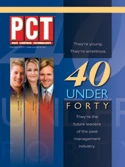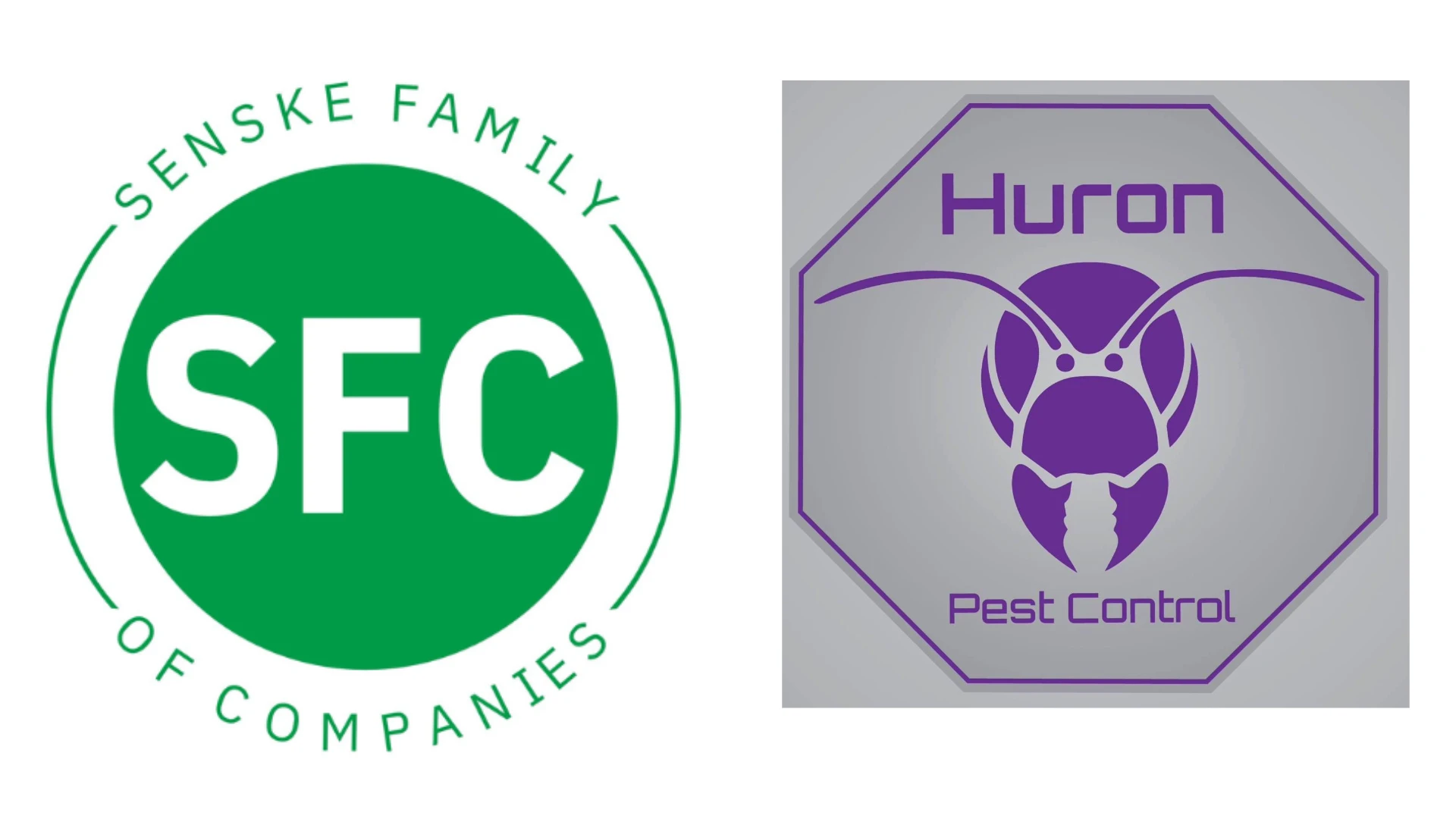Yellow Pages advertising is still the method of choice among pest management professionals.
PCT’s independent survey revealed that of all advertising vehicles used, only the Yellow Pages has increased in popularity. About three-quarters of all PCOs advertise in the phone book, compared to 67 percent in 2001.
In contrast, other major advertising vehicles appeared to have declined in popularity. Currently about one-fourth use newspaper advertising, down from one-third two years ago. One-fourth also use direct mail, compared to about 30 percent in 2001. And surprisingly, only about 16 percent use the Internet, only 6 percent use cable TV advertising and only 3 percent use network TV to advertise their services, perhaps reflecting the lower ad budgets available to smaller pest control companies.
PEST CONTROL PERSPECTIVE. For some advertising advice specific to the pest control industry, PCT talked to Bud Brewer, senior vice president of MPB Communications, a subsidiary of Massey Services, Maitland, Fla. Brewer also writes PCT’s "Smart Marketing" column each month.
Brewer points out that Yellow Page directory advertising has been the staple of the industry for many years. "Yellow Page advertising in a need-based business makes sense, although it’s passive and does nothing to promote top-of-mind awareness." However, he adds, "in the markets where we do business, only a handful of pest management professionals actually do any electronic media," referring to such mediums as radio, TV and cable.
PCOs who use Yellow Pages advertising tend to give it mixed reviews, with some being disappointed and others being pleased. "We run ads in the Yellow Pages because we want to present a professional image to the public and we want the public to consider us as a dominant player in the industry," says Aaron Allred, co-owner of Truguard Pest Control based in Las Vegas. Truguard utilizes full-page ads in the seven markets the company operates. "I’m less than happy with the results from the Yellow Pages." Allred said he believes to compete with larger, established companies, advertising in the Yellow Pages is almost a requirement. However, he points out most of his company’s sales are earned via door-to-door sales.
Meanwhile, for Tom Hardin, owner of Hardin Services Pest Control in Rock Hill, S.C., Yellow Pages advertising is an important factor in attracting new customers. Hardin says it’s second only to the cable advertising campaign the company has used for three years. "I’m getting more calls off of that than any other method we’ve ever used," Hardin said.
PCT’s survey indicated that PCOs also haven’t changed their ad budgets significantly. The average percentage of total expenditures going toward advertising, at about 8 percent, increased only slightly.
HOW MUCH? In considering how much to spend on an advertising budget, Brewer says there are a number of variables to consider. Two relevant issues are the number of markets being served and how operationally efficient the company is. "I’ve heard of numbers from 3 to 4 percent all the way up to 8 to 9 percent of gross revenues," Brewer said. "The larger the company, the more dollars you’ll probably invest in advertising, but it might be a smaller percentage of gross revenues."
To select among ad vehicles to use, Brewer says pest management professionals must also consider several questions pertaining to the customer: Is the customer male or female? How old is the customer? Where does the customer reside?
Furthermore, PCOs must also determine what kind of message is to be delivered, says Brewer. Is it focused on awareness or on getting a direct response? The best awareness media are television, radio, print and billboards, says Brewer. And direct response works best in direct mail and some print, he notes.
A HOOK. One seasoned industry advertiser is Tim Hulett, president and owner of Hulett Environmental Services, Riviera Beach, Fla. Hulett has successfully used a variety of advertising mediums since 1990 and says when he began committing resources toward advertising, it required a leap of faith. "I put a lot more in advertising than I did in my pocket," he says. But over the years his advertising campaigns have helped build the business significantly: He grew from a $1 million operation to a $20 million operation in just 13 years.
Hulett attributes much of his advertising success to the well-known marketing team of Greg and John Rice, twin brothers he hired in 1990 to help with his campaign. The brothers were already local celebrities in Florida and over the years they have starred in numerous advertisements for Hulett. Today they have achieved international celebrity and Greg Rice runs Hulett’s marketing department.
"The Rice Brothers ads are so unique," says Hulett. "They’ve been able to deliver our message in a very influential fashion," he says.
Currently Hulett’s campaign comprises Yellow Pages and television advertising in each of his markets. The company now has six offices serving all of Florida except Tampa and Jacksonville.
Hulett says he knows his ads are effective because he’s able to track the success of the ad campaign. For example, he knows the number of leads per source and his closing percentage. "We’ve got it down to what our cost of a lead is," Hulett says.
Hulett says putting money into advertising can be difficult for pest management professionals at first. "You really don’t start to get a return on an ad campaign for 18 months and for those 18 months you’re biting the bullet," says Hulett. But after that, he notes, the investment will begin to pay off.
He says those PCOs who choose not to advertise probably don’t understand the power of advertising. "A lot of people said the Yellow Pages never worked and I disagree with that. A lot said TV was too expensive and I disagree with that," he said. "Sometimes doing nothing is the worst thing you can do."
Those who are not sure how to get started should begin with perhaps a small Yellow Pages ad, Hulett suggests. "Find out what happens."

Explore the October 2003 Issue
Check out more from this issue and find your next story to read.
Latest from Pest Control Technology
- How Did This Pest Get Its Name?
- Rose Pest Solutions Honors Top Performers with Annual Chief’s Club Awards
- Doug Foster on Termite Control Equipment, Resources
- Pest Control Consultants Acquires EcoGuard Pest Control
- Pest Index Increased 9 Percent YOY in February
- PPMA Releases 2024 Annual Report Themed 'Leveling Up Awareness, Growth and Impact'
- Good News Pest Control Acquires Walsh Pest Control
- Aruza Pest Control Appoints Justin Bellet as Chief Operating Officer






